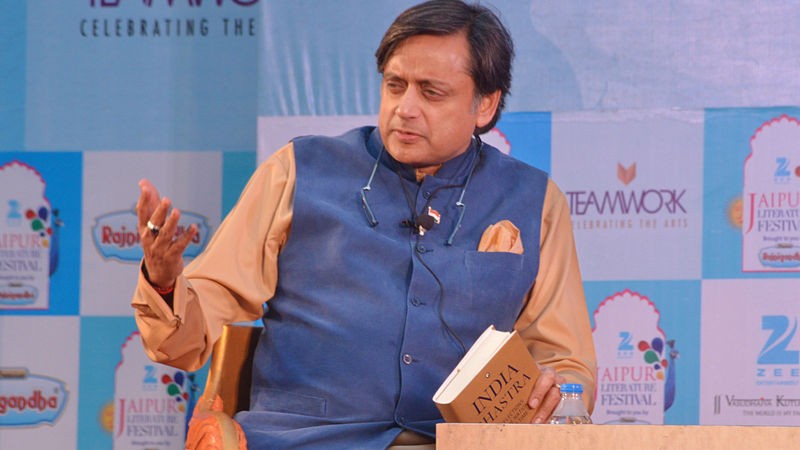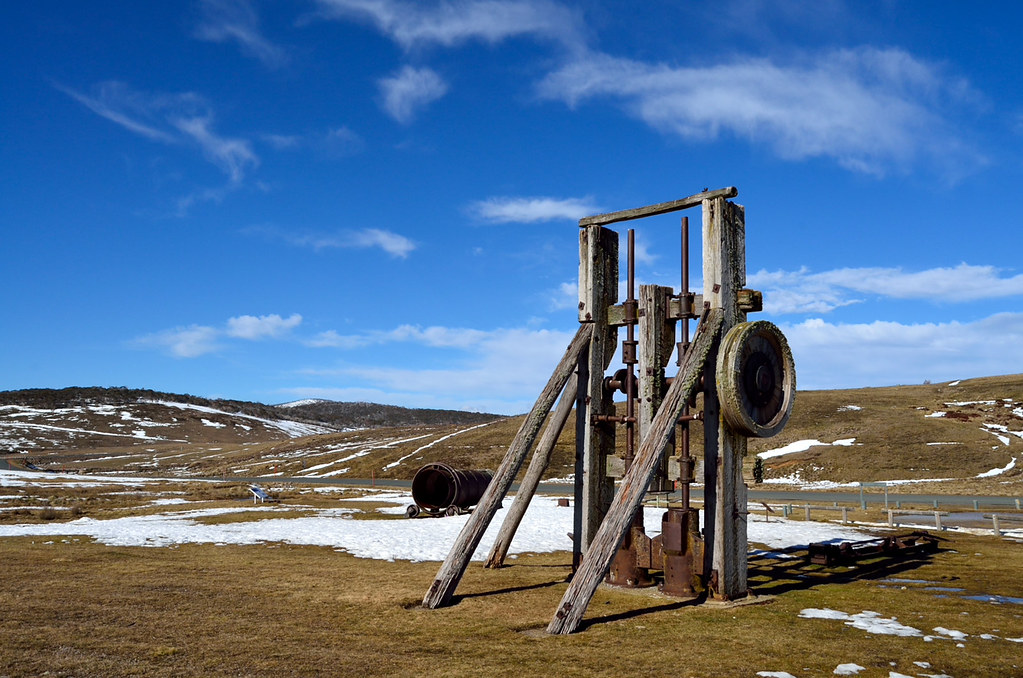 |
| Shashi Tharoor speaking at Jaipur literary festival. Image by Jim Ankan Deka. Copyright Demotix (23/1/2015) |
The 15 minute clip containing Tharoor's powerful and lucid argument for reparations went viral on social media soon after the Oxford Union debating society posted it online on July 14.
The British East India Company ruled or dominated on the Indian subcontinent from 1757 to 1858. The British directly ruled over the Indian subcontinent between 1858 and 1947 when the region was commonly known as British India or the Indian Empire.
https://youtu.be/f7CW7S0zxv4
Here are some excerpts from Tharoor's speech:
India's share of the world economy when Britain arrived on its shores was 23 per cent, by the time the British left it was down to below 4 per cent. Why? Simply because India had been governed for the benefit of Britain.Tharoor's speech was widely appreciated in India and even Prime Minister Narendra Modi said in Parliament:
Britain's rise for 200 years was financed by its depredations in India. In fact Britain's industrial revolution was actually premised upon the de-industrialisation of India. [..]
By the end of 19th century, the fact is that India was already Britain's biggest cash cow, the world's biggest purchaser of British goods and exports and the source for highly paid employment for British civil servants. We literally paid for our own oppression. [..]
What is required it seems to me is accepting the principle that reparations are owed. Personally, I will be quite happy if it was one pound a year for the next 200 years after the last 200 years of Britain in India.
Tharoor’s speech reflected the feelings of patriotic Indians on the issue and showed what an impression one can leave with effective arguments by saying the right things at the right place.Miss Malini wrote in her blog:
Irrespective of our political leanings and beliefs, we can agree to the fact that Dr. Shashi Tharoor is one of the top debators of the country. That’s why it’s not surprising when the diplomat and former minister of state for external affairs took part in a debate at the Oxford Union.Shashi Tharoor himself said on Twitter:
Somebody told me this is one speech of mine that my usual "Hindu nationalist" critics might agree with! True? https://t.co/BCBuXqbjJ9— Shashi Tharoor (@ShashiTharoor) July 15, 2015Writer and film director Radha Bharadwaj writes on Twitter:@minhazmerchant outlines what British rule cost India. I'd add Indians' self-esteem; the damage in this dept. lingers http://t.co/g5UfsPXQee— radha bharadwaj (@radhabharadwaj) July 24, 2015All differences aside, im blown over by this Shashi Tharoor speech. http://t.co/txUWZi45Vm must watch.— Vande Mataram (@UnSubtleDesi) July 21, 2015What a brilliant brilliant speech by Shashi Tharoor. A must see by every Indian. Would be good for Britain to return our Kohinoor to us.— Priya Gupta (@priyaguptatimes) July 19, 2015https://t.co/kfwdnxeCFG @ShashiTharoor That was a fantastic speech. Thank You fpr upholding India's pride. Thank You.— Dinesh (@DineshHegde) July 24, 2015Sandip Roy claimed in Firstpost that Tharoor's speech had united a polarised Indian society, adding:While the reparations he argues for are for the sins from centuries past, there is a bit that might have far more contemporary relevance for our politics today. At the end of the speech making a passionate case for even symbolic reparations Tharoor says “The abilty to acknowledge a wrong that has been done, to simply say sorry will go a far far longer way than some percentage of GDP.”
Now if only some of the politicians furiously butting heads in parliament and dredging up each other’s scams to shame each other would pay attention to that bit, we could all get moving with the nation’s business.
The post was also published in Global Voices Online.




























